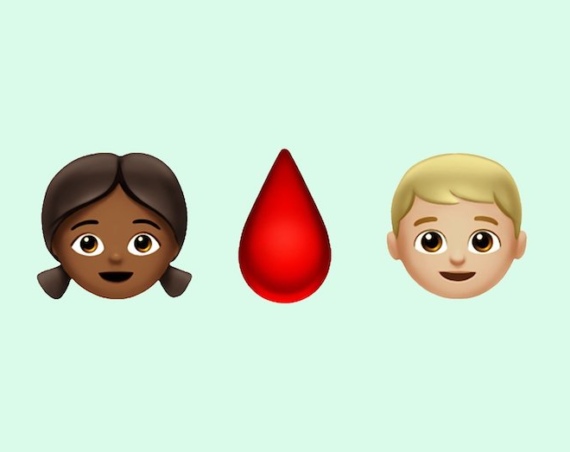IQVIA, a leader in using data, technology, advanced analytics and expertise to help its customers drive healthcare and human health forward, has recently released a new report outlining the growing value of digital health.

Summary: The Growing Value of Digital Health
The impact of Digital Health on patient care is accelerating with the increasing adoption of mobile health apps and wearable sensors. Health-related mobile applications available to consumers now surpass 318,000 — nearly double the number available just two years ago. This rapid app expansion, coupled with more than 340 consumer wearable devices on the market worldwide, provide evidence of Digital Health’s accelerating innovation. At this time, there is at least one high-quality app for each step of the patient journey. While the majority of mobile health apps available are general wellness apps, the number of health condition management apps—those often associated with patient care—are increasing at a faster rate, and now represent 40 percent of all health related apps.
The overall body of clinical evidence on app efficacy has grown substantially and now includes 571 published studies, enabling the identification of a list of top apps with increasingly robust clinical evidence. The use of such Digital Health apps in just five patient populations where they have proven reductions in acute care utilization (diabetes prevention, diabetes, asthma, cardiac rehabilitation and pulmonary rehabilitation) could save the U.S. healthcare system an estimated $7 billion per year. This represents about 1.4% of total costs in these patient populations. If this level of savings could be extrapolated across total national health expenditure, annual cost savings of $46 billion could be achieved.
Efforts by patient care organizations to fit Digital Health tools into clinical practice has progressed, with 540 current clinical trials in the U.S. incorporating these tools and an estimated 20% of large health systems shifting from pilot Digital Health programs to more full-scale rollouts.
Source: https://www.iqvia.com/insights/the-iqvia-institute/reports/the-growing-value-of-digital-health
However, despite progress to date, a number of barriers still exist to widespread adoption by patient care institutions, and only an intermediate level of adoption has yet occurred. A variety of industry and policy initiatives have now emerged to address these barriers and accelerate the ongoing adoption of Digital Health tools by care provider organizations. Within the next ten years, the use of Digital Health is likely to be mainstream for most organizations delivering human health.



